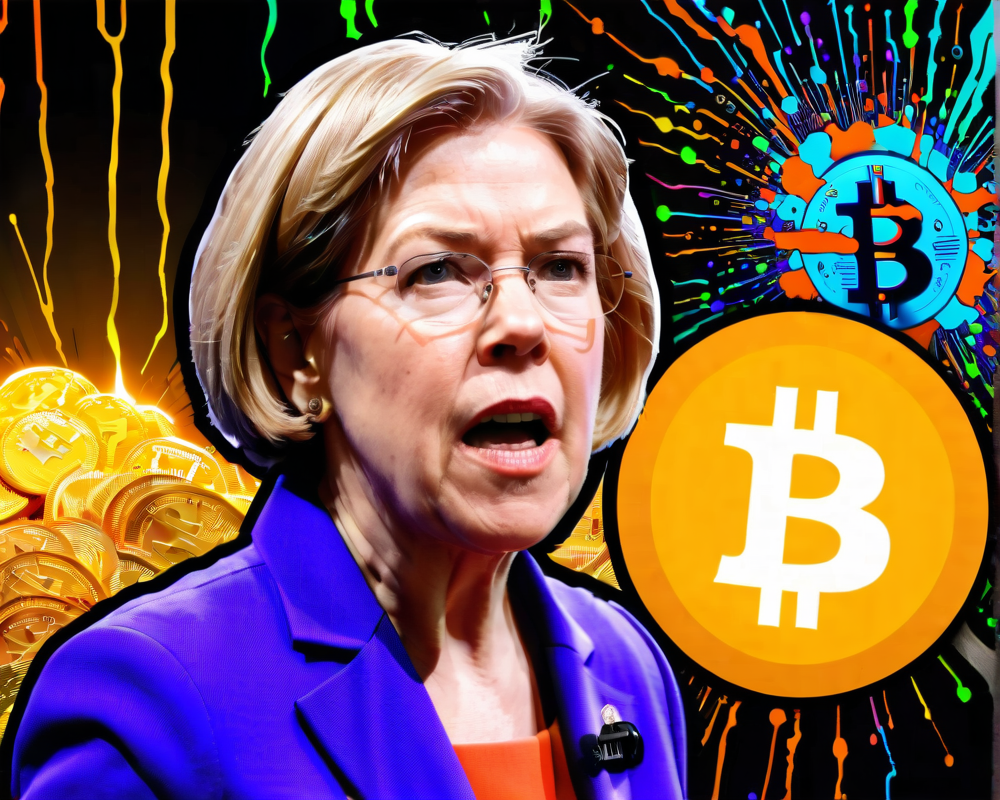Month: August 2022
Brazil’s Cryptocurrency Regulation: Paving the Way for Latin America’s Biggest Legal Framework
Brazil’s Senate is on the brink of voting a bill that could regulate cryptocurrency, redefining its landscape in Latin America.
SEC Expands Crypto Oversight: Doubling Down on Investor Protection
The SEC is boosting its crypto enforcement team to safeguard investors amid rising fraud concerns in the digital asset market.
Funding Waves in Web3: An Insight into Recent Developments
Explore the latest funding developments in Web3, including Framework Ventures, KuCoin, CoinDCX, and the crypto-centric SPAC IPO.
The Future of Central Bank Digital Currencies: Insights from Fabio Panetta
Discover insights on the necessity and impact of CBDCs from ECB Board Member Fabio Panetta. Learn about stability, privacy, and banking roles.
Senator Warren Blames Bitcoin Mining for Energy Prices: The Crypto Community Strikes Back
The Allegations Against Bitcoin Mining Senator Elizabeth Warren recently took center stage in the crypto debate by blaming Bitcoin (BTC) mining for soaring energy costs [more…]
Coinbase Engages in Legal Tussle with SEC: A Battle for Clarity
Coinbase prepares for a lengthy legal battle with the SEC following a Wells notice. Discover implications for the crypto industry.
CBA’s Bold Step into Crypto Faces Regulatory Roadblocks
Commonwealth Bank’s crypto service launch faces regulatory challenges from ASIC as they prioritize consumer protection over innovation.
Bybit Launches Cryptocurrency Lending Service: What You Need to Know
Bybit launches a new cryptocurrency lending service, offering hourly interest payouts. Discover how it works and what it means for traders.
The Crypto Community Hits Back: ECB’s Lagarde vs. Digital Currency Reality
Crypto community fires back at ECB’s Lagarde, questioning her anti-crypto stance while eyeing the digital euro’s future.
Tel Aviv Stock Exchange Proposes New Crypto Trading Framework: A Step Forward or a Missed Opportunity?
Explore TASE’s recent proposal for crypto trading in Israel. Is it a real advancement or just a regulatory hurdle?



















